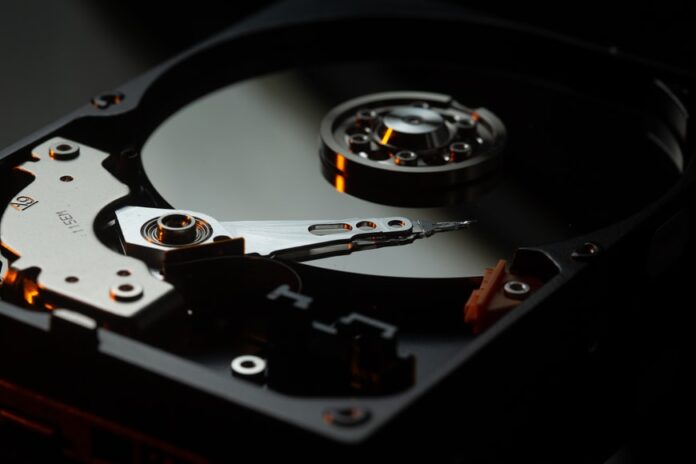
So the worst has come to pass, and your computer has finally succumbed to old age and kicked the proverbial bucket, in the middle of the most important report of your entire career. That tingle down your spine is not excitement. It is the body’s acknowledgement of the very real threat to its own existence. It is getting ready to run or fight. But you realize neither of those options will bring back the last three hundred pages of your report, lost to the void.
You call your cousin, who makes websites for a living, and she tells you to go and retrieve it from your data backup and hangs up. You experience a millisecond of relief, and then realize you didn’t back up your work to anything except your hard drive. Which is still lying dead next to your desk.
You call your friend, who is currently studying C++ through an online university. He tells you he has no idea what to do, but you should call a specialist. Thanks, bud, you think. Who would that be? The answer is a data recovery specialist.
But don’t make the mistake of using a forensic data recovery specialist. Although they might have a similar title, forensic data recovery is a more intense process designed to comply with legal requirements for making a case, so it will cost you more.
This article attempts to explain the role of (forensic) data recovery specialists found within the IT industry, which has diversified and specialized exponentially in the last two decades. We aim at helping the lay person, who may feel overwhelmed and confused by the burgeoning job titles in IT, to understand this one better, and understand the difference between the two jobs.
Knowing The Job
Data recovery specialists can work in any industry, for anyone. They are used by big businesses to ensure data backups are uncorrupted, and occur regularly, and to get data off corrupted devices. The state may also employ them for the more mundane task of simply keeping the data they collect regularly backed up.
They can also employ themselves, offering their services independently to private citizens whose computers or external hard drives have given up on them.
The state may also use independent forensic data specialists to offer their expert testimony in support of criminal cases. They can also be used by governments to get data from items seized or confiscated by state authorities, to find evidence of fraud, theft, terrorist activities or other crimes.
Data recovery experts have many options, anywhere in the world, because good people still forget to back up their data, and bad people still try to conceal their actions by encrypting or trying to delete their evidence.
Having The Means
This is where the difference comes in. Data recovery specialists have a range of software recovery tools available to them. As with everything in the IT sector, these are not tangible tools, but software solutions, designed to extract and retrieve layers of information from various storage sources.
Data recovery tools can be bought or they can be open source. Whatever the tool, they still need an experienced and knowledgeable specialist to use it effectively, so it is recommended that if you find yourself in the situation we saw at the beginning of this article, try to avoid the temptation to download a free recovery program and bumble through it yourself. You might do more harm than good.
If it is an important piece of data you need to retrieve, take it to an expert. That’s her job, and she will do it with much less hassle and risk. Again, you may have to pay for the privilege, but try to make sure you get the right specialist so you don’t have to pay too much. Forensic data recovery will cost a lot more.
For forensic data recovery, there are special software products which are used to retrieve information using similar protocols to those used by investigators when removing evidence from a crime scene. Some are even open source, Linux-based tools, which (depending on your point of view) makes life so much less complicated.
Based on your needs and also your experience with computers, if your hard drive or other storage system goes down and you need to get your data, there is little doubt that the person who can do that for you holds a certain level of godhood, while your life is hanging in limbo, between success and unemployment.
It is the same for police, whose case depends on the evidence collected by the forensic data specialist, and also on how it has been collected. A position of power such as this cannot go unremarked, and should be one of the more highly respected jobs of the IT industry.


































































